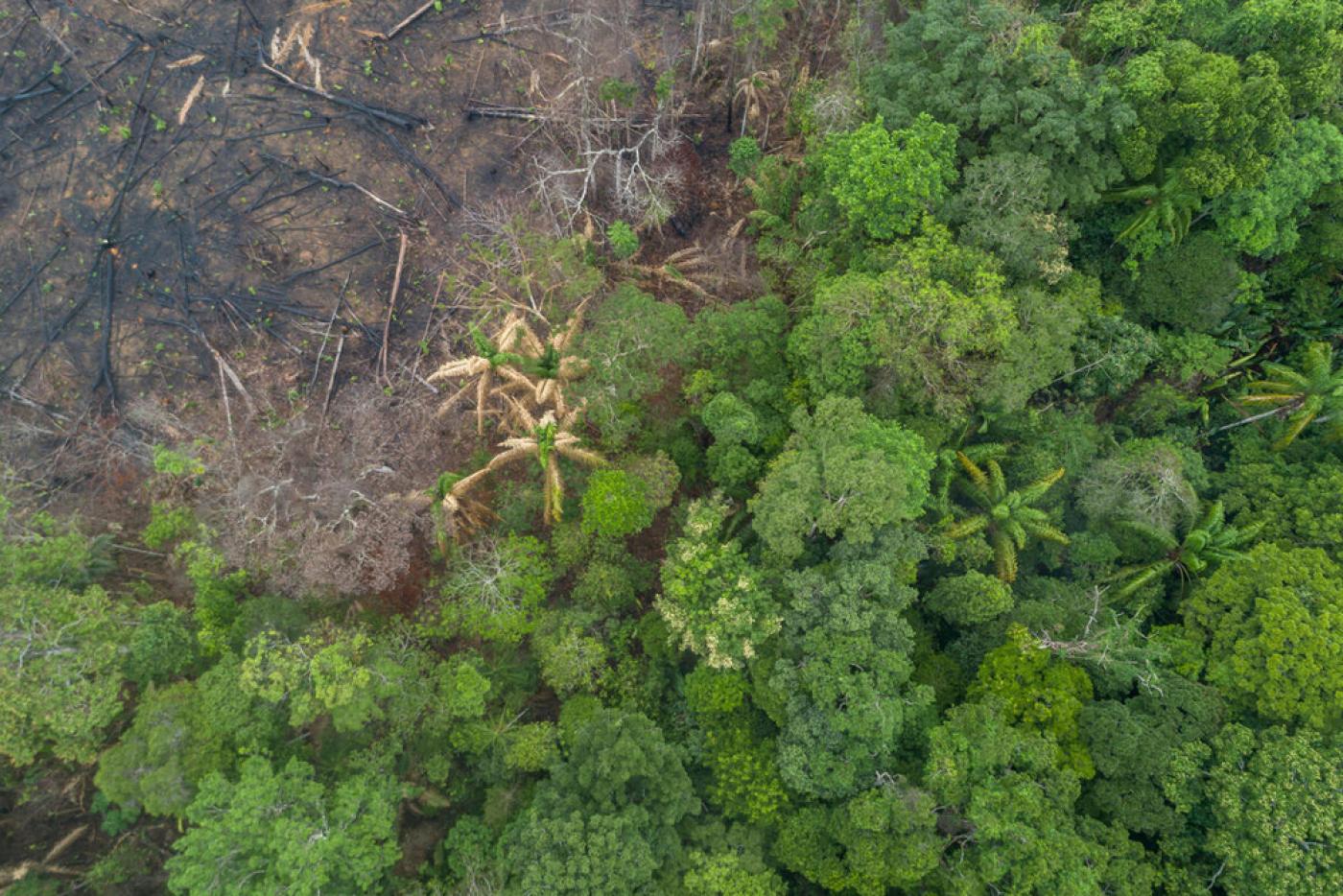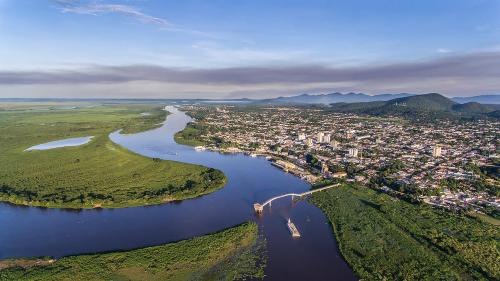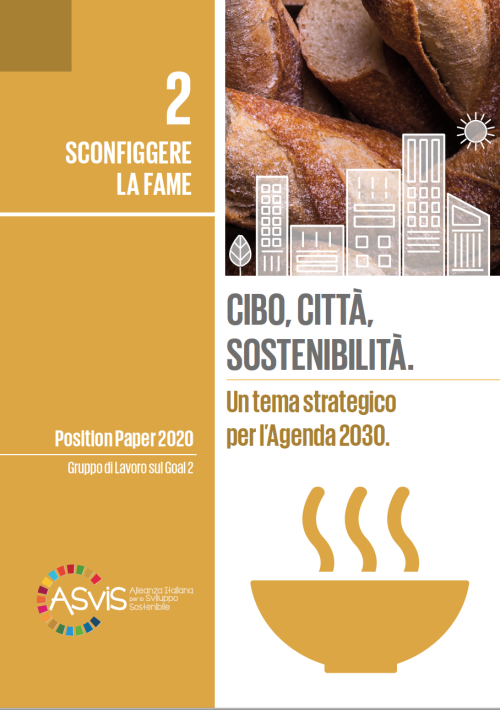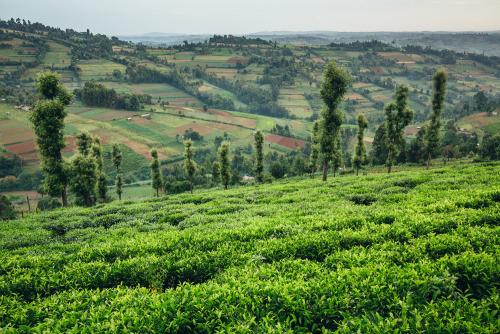What scientists need to do to accelerate progress on the SDGs
This year marks the halfway point of the United Nations Sustainable Development Goals (SDGs), which were agreed in 2015, to be reached by 2030. As an independent group of scientists appointed by the UN to assess progress and recommend how to move forwards, we have a stark message: the world is not on track to achieve any of the 17 SDGs and cannot rely on change to happen organically. At the current rate of progress, the world will not eradicate poverty, end hunger or provide quality education for all by 2030 — to name just some, central, aspirations of the SDGs. Instead, by the end of this decade, our world will have 575 million people living in extreme poverty, 600 million people facing hunger, and 84 million children and young people out of school1 . Humanity will overshoot the Paris climate agreement’s 1.5 °C ‘safe’ guardrail on average global temperature rise. And, at the current rate, it will take 300 years to attain gender equality2 . Global leaders must act now to remove roadblocks and accelerate progress. This is the focus of our Global Sustainable Development Report (GSDR), launched this week, ahead of the SDG Summit in New York City under the auspices of the UN General Assembly. This independent scientific assessment, made every four years, involved global consultations to collect perspectives across regions and synthesize scientific evidence from across disciplines. It has been peer reviewed by 104 researchers with expertise in areas ranging from human well-being and economics to food, energy, cities and natural resources.



